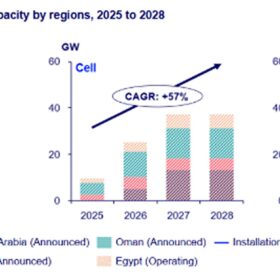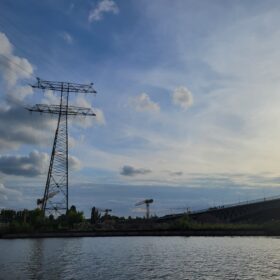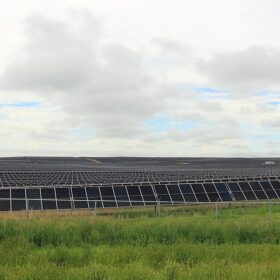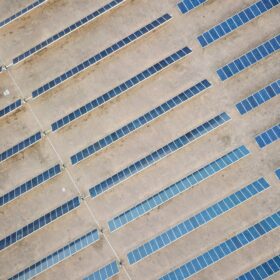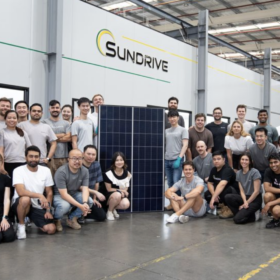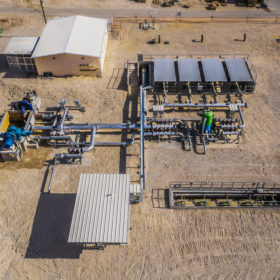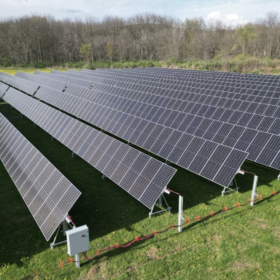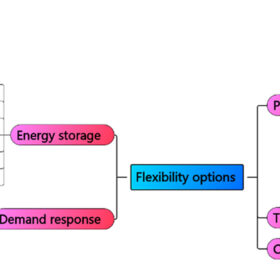Beretta unveils residential air-to-water heat pump
The Italian manufacturer said its new R32 heat pump has a coefficient of performance of up to 5.2 and a heating capacity of up to 16 kW. It is available in either single-phase or three-phase versions.
Middle East, North Africa solar manufacturing capacity to reach 44 GW by 2029, says WoodMac
Wood Mackenzie forecasts the Middle East and North Africa region will emerge as a tariff haven and overtake Southeast Asia as a top solar export hub, becoming the primary exporter of solar panels to the US towards the end of this decade.
UK grid operator streamlines grid connection process for renewables up to 5 MW
Regulator Ofgem approves higher threshold for a transmission system impact assessment requirement applying to distributed generation projects in England and Wales. The move is expected to lower development costs for projects with capacity between 1 MW and 5 MW.
Ireland to launch fifth renewables auction on May 29
Ireland will launch its fifth renewables auction on May 29, with grid operator EirGrid set to finalize the procurement process by Oct. 10.
CATL aims to raise $4 billion with Hong Kong listing
Contemporary Amperex Technology (CATL) has launched a long-anticipated initial public offering (IPO) to raise $4 billion and fund overseas expansion, including a major battery plant in Hungary.
Financing secured for 62 MW solar project in Togo
The African Development Bank (AfDB) is backing a 62 MW solar project in Togo with a financing package totaling €26.5 million ($29.4 million). French power utility Électricité de France is developing the plant.
SunDrive signs China pact to scale up copper PV technology
Australian PV innovator SunDrive Solar says it has struck an agreement with two of China’s biggest solar equipment manufacturers to help launch its copper electrode technology onto the global market.
Heat pump deployment requires massive amounts of storage, finds UK researcher
Researchers in the United Kingdom found that approximately 175 TWh of hydrogen and compressed air storage capacity will be needed to fully decarbonize heating in the United Kingdom. Lead researcher Bruno Cardenas told pv magazine that, when domestic heat demand is 100% electrified, average annual electricity demand and peak load in the grid are 26% and 70% higher than current levels.
SEIA asks for public feedback on new C&I solar, storage standard draft
The Solar Energy Industries Association (SEIA) is seeking public comment on a draft for an upcoming standard that will establish the design, installation and quality requirements for solar and energy storage installations on large commercial and industrial properties.
Flexibility options are a central concept for highly renewable energy systems research
To address the variability of renewable energy for a stable supply, 22 distinct types of flexibility options are found in 100% renewable energy systems research articles, categorized into power-to-X, energy storage, demand response, transmission and distribution grids, and curtailment.

